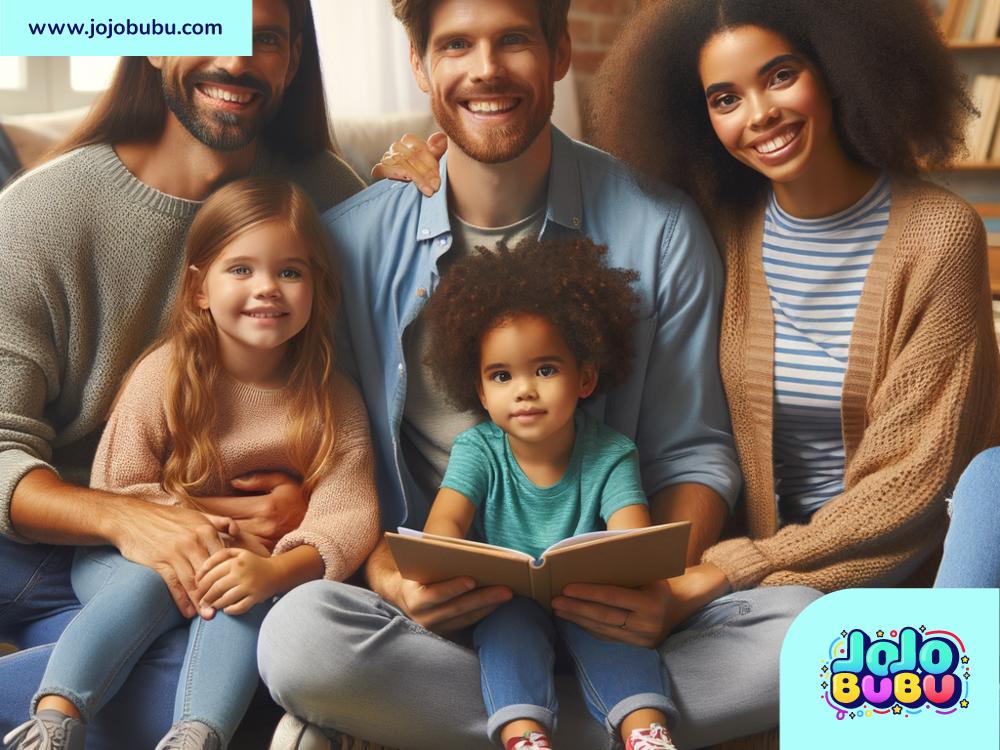Learning About Disabilities or Diagnoses: A Simple Guide for Everyone
The world is home to billions of unique individuals, each with their own gifts, challenges, and stories. One of the ways people can differ from one another is through disabilities or diagnoses that affect their health, behavior, or how they interact with the world. Learning about these differences is important because it helps us understand each other better, treat everyone with respect, and create a kinder, more inclusive community. In this blog, we’ll explore the basics of disabilities and diagnoses in simple and easy-to-understand language.
What Are Disabilities or Diagnoses?
A disability is a condition that makes certain activities harder for someone to do. It can affect a person’s body, mind, or senses. For example:
- Physical disabilities: A person may have trouble walking or moving, like someone who uses a wheelchair.
- Mental disabilities: A person may face challenges with intellectual processing, like having memory difficulties or needing extra time to learn things.
- Sensory disabilities: A person may have trouble seeing, hearing, or processing sensory information.
A diagnosis, on the other hand, is a label or term that doctors use to describe a health condition someone has. For example, autism, diabetes, ADHD (Attention-Deficit/Hyperactivity Disorder), or depression are diagnoses. A diagnosis helps people understand what is going on with their body or mind and figure out how to manage or treat it.
Disabilities Are Not All the Same
Disabilities can be visible or invisible. A visible disability is something you can see, like if someone is using crutches or has a physical characteristic that reflects their condition. An invisible disability isn’t obvious to the eye, like chronic pain, anxiety, or dyslexia. Both types are equally important to understand and respect.
Another thing to know is that every person’s experience with a disability or diagnosis is unique. For example, two people with autism might behave very differently from each other. One person may have a harder time with social communication, while another might have a deep passion and incredible knowledge about a specific subject. Disabilities exist on a spectrum, meaning they can range from mild to severe, and they can also change over time.
Common Misunderstandings About Disabilities
Sometimes, people misunderstand disabilities or diagnoses because they don’t know enough or because of stereotypes. Here are some common myths we need to correct:
-
A disability doesn’t define someone’s entire life.
People with disabilities or diagnoses have hobbies, talents, and dreams just like everyone else. Their condition is only one part of who they are. -
People with disabilities are not “broken” or “less than.”
Having a disability doesn’t mean someone needs fixing. It means they may experience the world differently and sometimes need adaptations or support. -
Every disability is unique.
Two people with the same diagnosis can have very different abilities, needs, and experiences. For example, not all people who use wheelchairs are unable to walk—some use them because walking long distances is difficult. -
We don’t always know what someone needs just by looking at them.
Disabilities and diagnoses are personal, and assumptions can be harmful. For instance, someone who looks “fine” might struggle with a condition like chronic fatigue or mental illness.
How Can We Learn More?
Understanding disabilities and diagnoses starts with being curious and compassionate. Here are simple ways to learn more:
-
Ask Questions Respectfully
If someone is open to discussing their condition, you can ask polite questions like: “Can you tell me what supports or adaptations help you feel comfortable?” Avoid prying into personal details unless they want to share. -
Read Books, Watch Videos, or Listen to Podcasts
Many people and organizations create content to teach others about disabilities. Look for stories told by people living with disabilities—they’re the best experts about their own experiences. -
Attend Community Events and Workshops
Local organizations often hold events to foster inclusion and education about different conditions. These events are great opportunities to learn and connect. -
Be Open-Minded
Even if someone’s experience or condition is unfamiliar to you, remember that it’s valid and important. Be patient and willing to understand instead of judging.
How Can We Support People with Disabilities?
Supporting people with disabilities starts with kindness. Here are some helpful tips:
-
Listen and Learn
Every person has their own needs, so it’s important to ask what support would be helpful. For example, someone might need you to speak more slowly or offer a seat during an activity. -
Focus on Strengths, Not Limitations
Instead of focusing on what someone can’t do, celebrate what they can do. Recognize their talents, intelligence, and accomplishments. -
Be Inclusive
Make sure spaces, events, and conversations are accessible to everyone:- Use ramps for wheelchairs.
- Provide captions for videos.
- Offer quiet spaces for people sensitive to noise.
-
Challenge Stereotypes
If you hear someone spreading incorrect or negative ideas about disabilities, speak up. Explain why stereotypes can be hurtful and why everyone deserves respect.
The Importance of Empathy
Learning about disabilities or diagnoses isn’t just about gaining knowledge—it’s about growing empathy. Empathy means trying to understand and share someone else’s feelings. When we take the time to learn about disabilities, we become more aware of the challenges people face and how we can help make life easier for them. This creates stronger friendships, closer connections, and a more welcoming world.
Final Thoughts
Disabilities and diagnoses are part of human diversity, and understanding them enriches our lives. Every person, whether they have a disability or not, deserves equal respect and opportunities. By learning, using kind words, and treating everyone with dignity, we can build a society where no one feels excluded.
Let’s take the time to listen, learn, and make the world a better place for everyone!

